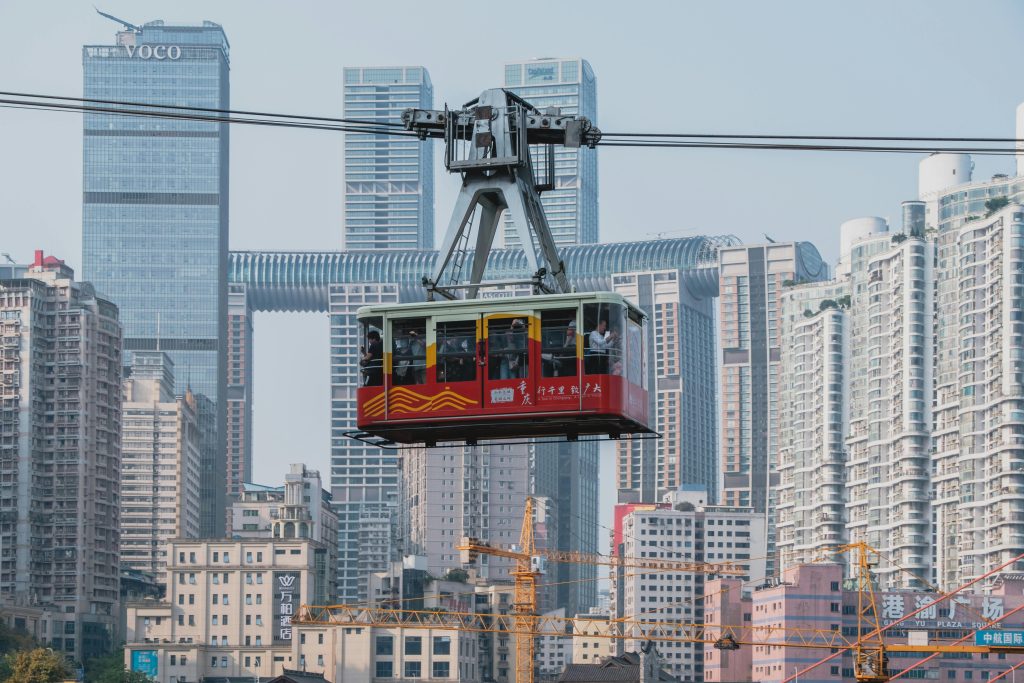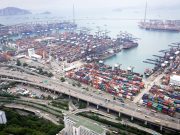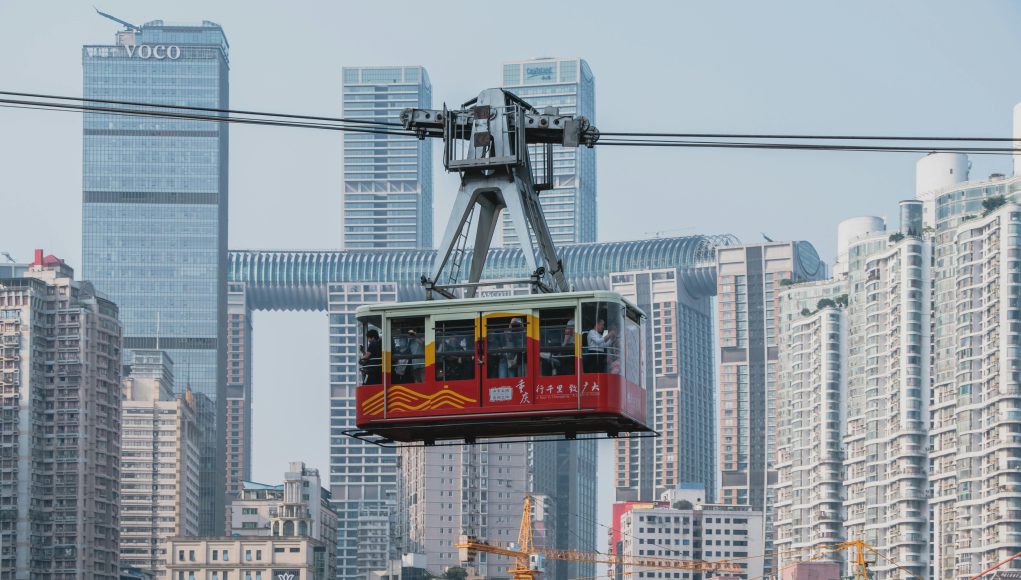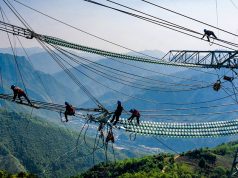
(Singapore, 22.10.2025)Foreign investors who once saw China’s booming property market as a sure bet are now facing some of their biggest losses in decades. What was once a $140 billion push into Chinese real estate has turned into a wave of distressed sales and write-downs, with global players scrambling to offload assets at steep discounts.
Bloomberg reports that big global investors like BlackRock, Carlyle Group, and Blackstone have spent the past year selling office towers, warehouses, and malls for much less than they paid. Their retreat is adding fresh pressure to China’s already struggling property market, a sector that plays a huge role in the country’s economy.
Foreign investors have poured nearly $140 billion (S$181.75 billion) into China’s commercial real estate over the last 15 years, according to MSCI Real Capital Analytics. Their money went into gleaming office towers in Shanghai, massive logistics parks in southern China, and modern shopping malls in major cities.
But the once-hot market has cooled dramatically. A glut of supply has pushed office vacancies in big cities to between 20% and 40%, among the highest in the world. Rents and property values have plunged, with some Beijing and Shanghai offices now worth 40% less than in 2019.
Distressed sales — where owners sell under pressure from debt or defaults — hit 114 billion yuan (S$20.78billion) across 2023 and 2024, a record 22% of all transactions, Bloomberg Intelligence data shows.
“Foreign investors are stuck with their properties,” said Patrick Wong, a real estate analyst at Bloomberg Intelligence. “Their best hope is to find cash-rich state-owned enterprises willing to buy. But even those local buyers are waiting for clearer signs of recovery.”
All Sectors, One Struggle
The downturn is hitting nearly every corner of the commercial property market.
In logistics, once considered a bright spot thanks to the e-commerce boom, supply has outpaced demand. Even giants like Blackstone have started to sell. Earlier this year, it sold three logistics parks in southern China to a local insurance company for about 2.7 billion yuan.
To keep tenants, landlords have been forced to slash rents by as much as 25%, according to CapitaLand China Trust. Warehouses and business parks that were once bustling with activity are now offering deep discounts to stay occupied.
Some of the most prominent names in global investing have suffered sharp losses.
Carlyle Group, which once boasted strong returns from its China property portfolio, sold a 31-story office tower in Shanghai called The Crest late last year for just over half of what it paid a decade earlier.
Back in 2015, Carlyle had bought the tower for 1.46 billion yuan, refurbished it, and raised rents. But as demand for office space collapsed after the pandemic, the property sat on the market for more than a year before finally selling for 826 million yuan.
Meanwhile, BlackRock walked away from two Shanghai office buildings after defaulting on a loan, wiping out around 420 million yuan in equity. The properties were later sold by Standard Chartered for about 680 million yuan — implying further losses for lenders.
“These cases show just how tough it is to exit the Chinese real estate market right now,” said Nicholas Wilson of Oxford Economics. “Even global investors with deep experience are struggling to find buyers or break even.”
Even distressed-debt specialists like Oaktree Capital have had difficulty turning a profit.
In 2021, Oaktree seized control of Evergrande Venice on the Sea, a sprawling resort development in Jiangsu province, after the troubled developer defaulted on a $400 million loan. The project — envisioned as a Chinese version of Venice — included canals, a grand hotel, and a conference center modeled after the U.S. Capitol.
Oaktree has since restarted construction and handed over some homes to buyers, but sales remain sluggish. Apartments that once fetched up to 10,000 yuan per square meter in 2019 are now advertised at less than half that price.
A Lost Decade for China Real Estate
The pain may not be over. Analysts warn that it could take years for the oversupply of commercial buildings to be absorbed. Rents in China’s office market fell nearly 7% in 2024 — the sharpest drop on record — and CBRE expects no meaningful recovery in new supply until at least 2028.
Foreign banks such as HSBC and Standard Chartered have already warned of rising defaults on loans tied to Chinese real estate, adding pressure on lenders that financed these purchases.
“Global institutions are increasingly taking the view that this market won’t recover soon,” said Wilson. He expects office rents to keep falling through next year, and predicts that the nominal value of buildings in 2030 will still be below 2020 levels.
That outlook underscores how far sentiment has shifted since the boom years. What began as a rush to profit from China’s urbanization has turned into a painful lesson in market cycles — and a reminder that even the biggest investors can misjudge when the tide turns.





































